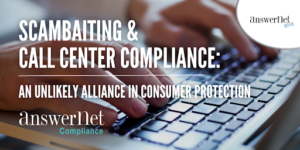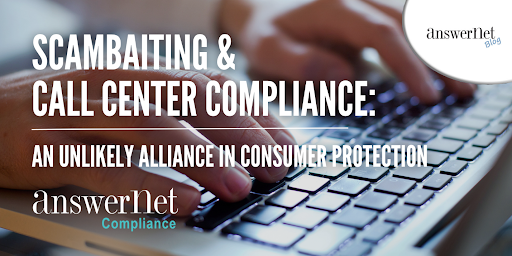Outbound call center pricing for the association industry varies on many factors; however, there are three primary models in my experience. Let’s break these models down and talk about what you should consider when comparing prices.
Pay for Attempts
Some outbound call center pricing is structured with several attempts in mind and positioned as a flat rate. For instance, your telemarketing partner may say that they will charge you $20,000 to call a list of 5,000 records up to 3 times.
I would recommend you keep in mind that this model only includes phone calls and doesn’t factor in emails or chats. Also, many records won’t require a 3rd attempt, and a large number of records could have been renewals if you would have attempted them 5 or 6 times. In other words, you may be overpaying for records that don’t require a 3rd attempt and missing out on renewals/revenue you may have gained by making an additional attempt on the record.
I recently ran an analysis with one of my clients who wanted to reduce their number of attempts per record from 8 to 6. It seems reasonable, right? Well, after diving deeper into the details, we found that 17% of their membership renewals were coming on the 7th and 8th attempt, meaning these last two attempts made a significant impact on their annual retention rate and member revenue. So, we kept attempts at 8.
My point is this model doesn’t allow you the flexibility to gain these data points and determine the best attempts to maximize retention.
Pay Per Completes
Pay Per Complete is typically set-up in a volume base pricing model. For instance, take a look at the following example:
- 0-10,000 completed calls: $X.XX per completed call
- 10,001 to 20,000 completed calls: $X.XX per completed call
- 20,001 + completed calls: $X.XX per completed call
In this model, a “Completed Call” is typically defined as one that has been resolved and will no longer be attempted. Examples of this are renewals and refusals.
What makes this model easy for an association is that if they have a budget of $20,000, they will get X number of completed calls no matter what.
That said, here are the pitfalls, in my opinion. It is often the most expensive model because the call center is building in risk for low contact rate. The more times a call center has to make a phone call to complete a call, the less money they will make. This is because they are using more man-hours per completed call.
While there is an advantage to getting things done quickly, this model can result in low-quality scores and missed opportunities. Because the pricing model is built for the call center to make more money, the faster they complete calls, the agents focus on moving to the next call quickly and less focus on engaging your member with quality conversations. The other downfall is that this only covers completed calls. Like the pay per attempt model, it often doesn’t include chat or email, which is billed separately.
Pay Per Telemarketing Hour
Pay Per Telemarketing Hour is an outbound call center pricing model that is much more inclusive than the other two models and is what Quality Contact Solutions utilizes.
In this model, your association pays for an expert representative’s time and everything they do within that specified time. That includes calls, emails, chats, and other miscellaneous items. It is honestly like having a seamless extension of your employee outsourced.
Pay Per Telemarketing Hour is typically determined on two factors. They are volume and complexity.
- Higher volume + low complexity = Lower rate.
- Low volume + highly complex = higher hourly rate.
The most commonly misunderstood piece of this pricing model is knowing how many hours it will take to call a lead list. Don’t worry; any reputable company will provide you with an estimate on how many hours it will take to complete a list before making phone calls.
This pricing model’s primary benefit is that pricing includes working on phone calls, emails, and chats. You also can blend inbound call handling within the paid hourly rate. In this model, you are paying for hours and not attempts, meaning you can adjust the number of attempts up and down depending on production and member feedback!
The Pay Per Telemarketing Hour model also takes the focus away from the transactional sale and places the emphasis back on engagement, quality, and ROI for our clients. At QCS, we understand that attempts and completes are nice, but what matters is member retention and membership revenue.
We engage your members, build relationships, and renew as many members as possible on each call. We leave every member with a positive interaction.
Quality Contact Solutions has partnered with over 30 associations in the last 8 years. We are known as the premier outsource call center services provider of choice for associations. If you’re looking to increase your member retention and revenue this year or would like a price comparison, give me a call. 1-800-963-2889 and press 1 for sales. Or email me at aj.windle@qualitycontactsolutions.com. We’d love to help!
A.J. Windle is the Director of Client Engagement at Quality Contact Solutions. A.J. is responsible for ensuring innovation and key initiatives are accomplished for each QCS client on an ongoing basis. A.J.’s deep background in call center management, including training, operations management, and his recent role as Director of Operations for QCS, is skillfully leveraged to produce better results for each client’s outsourced call center budget dollar. A.J. is a hands-on leader and he loves to win!









